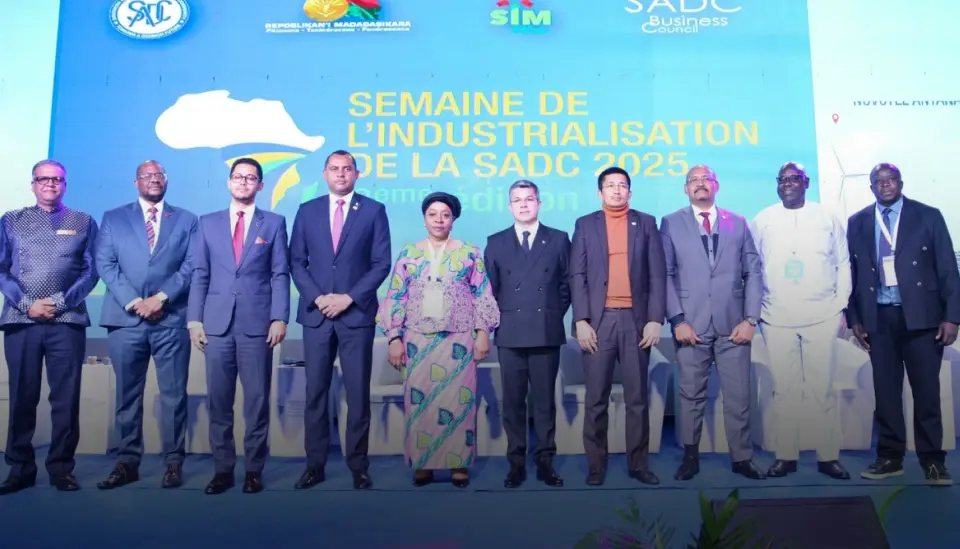Providing sustainable and affordable energy
Madagascar has officially begun implementing a policy to promote eco-friendly cooking. A meeting was held between government representatives, private sector stakeholders, and civil society organizations to initiate the efforts.
This initiative is part of the country’s energy transition, which relies heavily on biomass and fossil fuels. The kick-off ceremony, hosted at the Sheraton Ivato Hotel, brought together various actors from the field, including representatives from the government, civil society organizations, the private sector, and development partners. Based on statistics presented during the meeting, the challenge ahead is significant. In 2022, only 35.1 % of the population had access to electricity, with a stark disparity between urban areas (60 %) and rural regions (15.1 %). Furthermore, 95 % of households lack access to clean cooking methods.
The country’s dependence on biomass has been a major contributor to deforestation, with 90,000 hectares of forest lost over the last decade. This environmental strain has many consequences, particularly for women and marginalized communities, often underrepresented in the energy sector. Recognizing the ecological and health challenges, the government is committed to making a change. Jean-Baptiste Olivier, Minister of Energy and Hydrocarbons, emphasized the urgency of accelerating investments in renewable energy.
This policy aligns with the goals of the United Nations Development Programme (UNDP). By 2025, the aim is to provide sustainable and affordable energy to an additional 500 million people globally. According to Dr. Edward Christow, UNDP’s Resident Representative in Madagascar, the organization’s three main priorities are to reduce energy access disparities, accelerate the energy transition, and strengthen the resilience of the energy sector in the face of crises.






